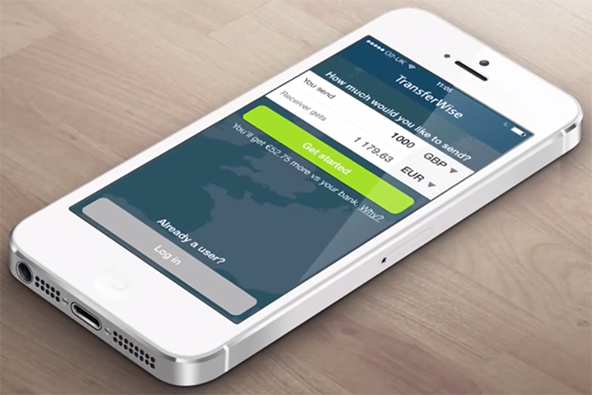One-upping Google, Facebook Has Become a Payments Platform

In its S-1 filing (a securities registration statement) with the Securities and Exchange Commission (SEC), Facebook is telling us that in 2011 it generated $557 million in revenue from “payments and other fees.” That is up by 425 percent from the $106 million total for 2010, which itself was up by 715 percent from the 2009 total of $13 million.
The social network’s only other revenue source is advertising, which, while still far bigger in absolute terms, is quickly decreasing as a share of the overall total. In 2009 advertising had a share of more than 98 percent, which by the end of 2010 had decreased to less than 95 percent and last year it shrank to 85 percent. So I think it wouldn’t be a stretch to suggest that Facebook has become a payments platform, one-upping Google, its sometime rival, in the process.
How Does Facebook Facilitate Payments?
The social network provides a detailed description:
We enable Payments between our users and developers on the Facebook Platform. Our users can purchase virtual or digital goods on the Facebook Platform by using credit cards or other payment methods available on our website. The primary method for users to transact with the developers on the Facebook Platform is via the purchase of our virtual currency, which enables our users to purchase virtual and digital goods in games and apps. Upon the initial sale of our virtual currency, we record the value purchased by a user as deferred revenue and deposits.
When a user engages in a payment transaction utilizing our virtual currency for the purchase of a virtual or digital good from a Platform developer, we reduce the user’s virtual currency balance by the price of the purchase, which is a price that is solely determined by the Platform developer. We remit to the Platform developer an amount that is based on the total amount of virtual currency redeemed less the processing fee that we charge the Platform developer for the transaction. Our revenue is the net amount of the transaction, representing our processing fee for the transaction. We record revenue on a net basis as we do not consider ourselves to be the principal in the sale of the virtual or digital good to the user.
The “virtual currency” at issue is called “Facebook Credits,” which users can purchase for $0.10 apiece from the “Payments” tab in their account’s “Account Settings” or directly from within any game in which they are planning to use them. Once the payment is made, the game’s developer can redeem the social network’s currency for real money, after paying a processing fee. How much is the processing fee? From the Facebook Credits Terms:
When you redeem Credits with us we will redeem them at the rate of $0.10 per Credit, less a service fee of $0.03 per credit redeemed.
Yes, you read that correctly, the processing fee is 30 percent of the dollar sales amount! Considering the fact that a traditional processor would charge 2 – 3 percent for a card-not-present transaction, what Facebook is able to do is truly mindboggling.
Facebook as a Payments Platform
Here is a question for you. Reading the above paragraphs, what does Facebook’s payment system remind you of? A hint: a credit card company that both issues its cards and processes the payments made with them. That’s right, what the social network does is not all that different from what Discover and American Express do. The difference, of course, is that Facebook’s business model is a much more lucrative one and the reason has to do with the social network’s monopolistic status. What do I mean? Well, can developers of Facebook applications accept other payment forms, in addition to the social network’s virtual currency? From the Facebook Platform Policies:
Games that are an App on Facebook or Mobile Web must use Facebook Credits as their sole and exclusive payment method for all virtual goods and currencies made available to users within the game. All other payment options are prohibited within games that are on Apps on Facebook or Mobile Web unless they go through Facebook Credits rather than directly through that payment option.
There it is. If you want to be selling your virtual goods on Facebook, you would have to agree to part with 30 percent of the sales amount. After all, no one is forcing you to be doing it, right? How I wish that we at UniBul Merchant Services had a social network!
The Takeaway
Looking at Facebook’s S-1, one cannot help but draw a parallel between the early-year developments of the social network and Google. The advertising revenue is at the core of each company’s early growth, however Facebook has been able to do something the search giant has yet to achieve: find a second major revenue source. Moreover, that second revenue source is growing at an extremely fast rate and may take over the number one spot in the not-too-distant future.
However, that scenario is at least somewhat dependent on Facebook’s ability to maintain its monopolistic status as the sole currency issuer and payment processor on its network. The problem is that in today’s world that is not possible. Either the regulators will interfere or some other external factor will force the social network to open up its payment platform. Once that happens, the processing fees will plummet to normal levels, pulling down Facebook’s revenue with them. And I don’t think that this day is too far in the future.
Image credit: Wikimedia Commons.


